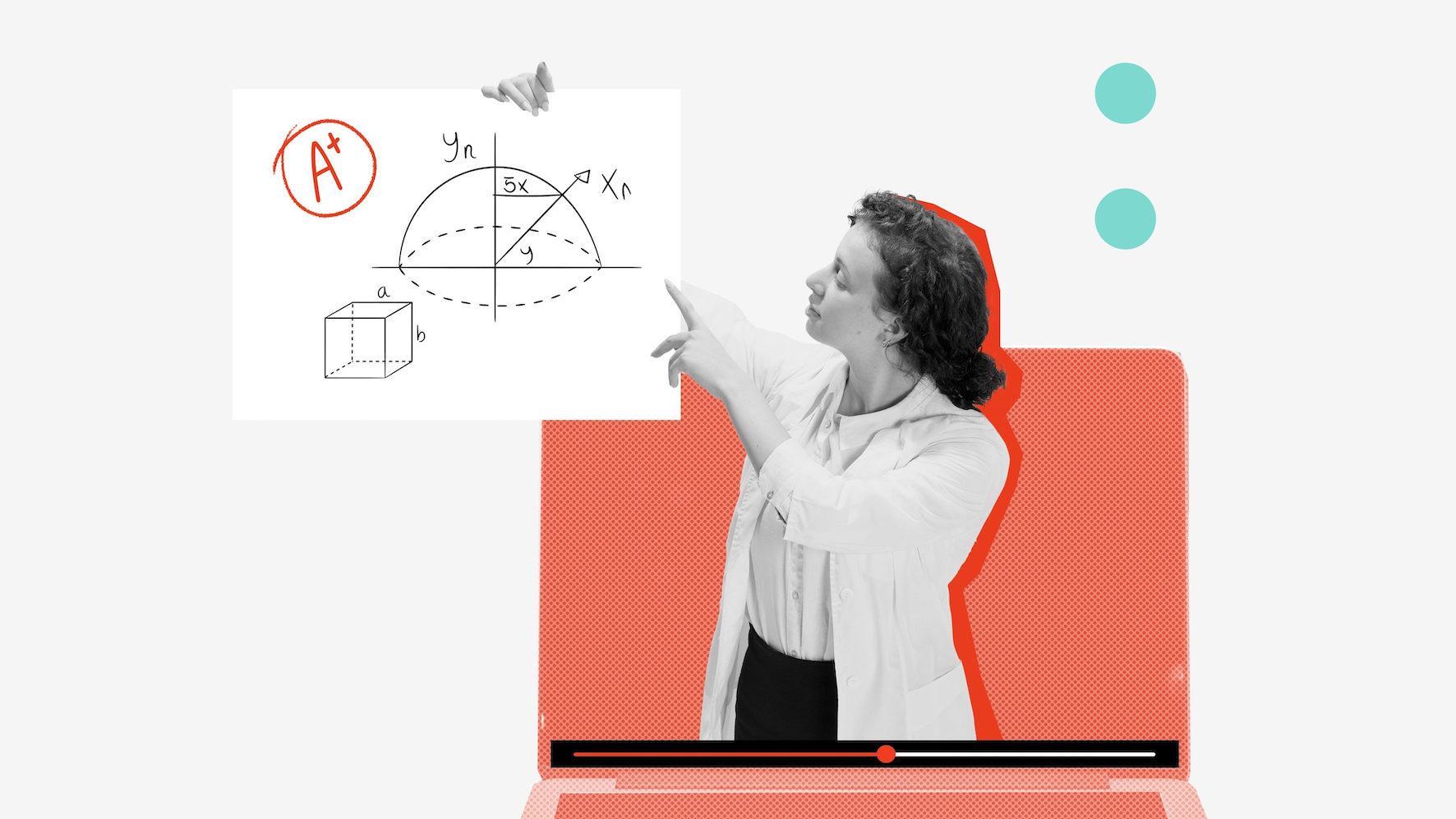The Psychology of Fashion Shopping: Understanding Consumer Behavior
Fashion shopping is a fascinating and complex experience where personal taste, social influences, and our own unique style choices come together. It's a way for us to express ourselves and showcase our individuality, like a canvas on which we paint our unique identities.
In this article, we'll dive into the world of consumer behavior in fashion shopping, uncovering the factors that influence our decisions and give concrete questions fashion decision makers must ask themselves in order to stay competitive. We'll also explore how AI can help us better understand customers and their preferences. Join us as we unravel the captivating connections between fashion, psychology, and technology.
- Fashion as a Form of Self-Expression: Fashion has always been a powerful medium for self-expression, allowing individuals to communicate their identities, beliefs, and aspirations. Our fashion choices reflect personality traits, cultural influences, and the desire for uniqueness. From bold prints and vibrant colors to minimalist aesthetics, we use clothing to convey who we are and how we want to be perceived.
Fashion decision makers must ask themselves:- How does our brand align with different customer identities and aspirations?
- Are we offering diverse and inclusive options that cater to various self-expression needs?
- How can we create a brand image that resonates with our target audience's desired self-expression?
- Social Influence on Fashion Choices: The impact of social influence cannot be underestimated in the realm of fashion shopping. Trends emerge, spread, and shape consumer behavior, often driven by the influence of celebrities, influencers, and peer groups. In today's digital age, social media plays a significant role in shaping fashion choices. Fashion decision makers must consider:
- How can we leverage social media and influencer marketing to reach our target audience effectively?
- Are we aware of the latest trends and influencers relevant to our target market?
- How can we create a sense of community around our brand to encourage positive social influence?
- Cognitive Biases and Fashion Decision Making: Human beings are prone to various cognitive biases that can affect our judgment and decision-making processes, including in fashion shopping. Cognitive biases are systematic thinking patterns that can lead to deviations from rationality or objective judgment. These biases occur as a result of our brain's cognitive processes, which rely on shortcuts and heuristics to make quick decisions. While these mental shortcuts can be helpful in certain situations, they can also introduce errors and irrationality into our thinking. Fashion decision makers should ask themselves:
- How can we ensure that our product descriptions and visuals are not influenced by cognitive biases that might mislead customers?
- Are we providing transparent and accurate information about our products to help customers make informed decisions?
- How can we use cognitive biases in a positive way to enhance the desirability and appeal of our fashion offerings?
- The Subjectivity of Fashion and the Challenge of Measurement: Fashion is a highly subjective realm where personal taste and individual preferences play a significant role. The subjectivity of fashion poses unique obstacles in understanding customer behavior. Traditional sizing systems have limitations, and trends are ever-changing. Plus, two people with the exact same body measurements might perceive the exact same garment fits them well or poorly. Fashion is that subjective! As a result, fashion decision makers must address:
- How can we gather feedback from our customers to better understand their subjective preferences and improve our offerings?
- Are we considering alternative sizing options or customization features to address diverse body shapes and sizes?
- How can we embrace individuality and uniqueness in our brand messaging and product offerings?
- The Role of AI in Understanding Fashion Consumers: Artificial Intelligence (AI) and Machine Learning (ML) have emerged as powerful tools in deciphering consumer behavior in the fashion industry. AI can analyze vast amounts of data, including consumer demographics, purchasing patterns, and social media interactions, to gain valuable insights into customers' preferences and behaviors. Fashion decision makers should explore:
- Are we leveraging AI and data analytics to understand our customers better and offer personalized recommendations?
- How can we use AI to improve sizing accuracy and reduce returns, thus enhancing the overall customer experience?
- Are we keeping up with the latest AI advancements in the fashion industry to stay competitive?
Conclusion
Understanding consumer behavior in fashion shopping is crucial for decision makers in the fashion industry. By recognizing the influence of self-expression, social factors, cognitive biases, and the subjectivity of fashion, brands and designers can better cater to their audience's needs. Leveraging AI and ML technologies provides valuable insights into customer preferences and behaviors, enabling personalized experiences and improved satisfaction.
At Secret Sauce, we have been at the forefront of understanding consumer behavior in fashion shopping for over 10 years. With one of the world's largest behavioral analytics databases focusing on fashion, we have the expertise to decipher confusing signals and provide answers to the questions posed in this article. Our AI-driven solutions are tailored to your brand, helping you optimize your fashion offerings and enhance the overall customer experience.
If you're ready to unlock the potential of understanding consumer behavior and want to take advantage of our expertise, contact us today. Let us show you how our AI-driven solutions can revolutionize your understanding of your customers and drive your business forward.
